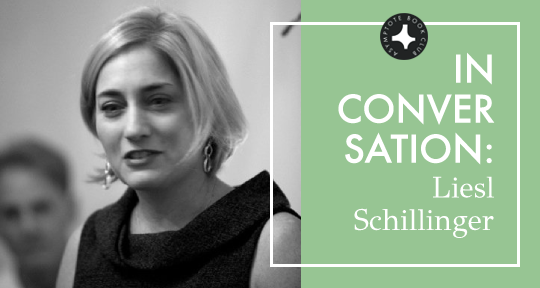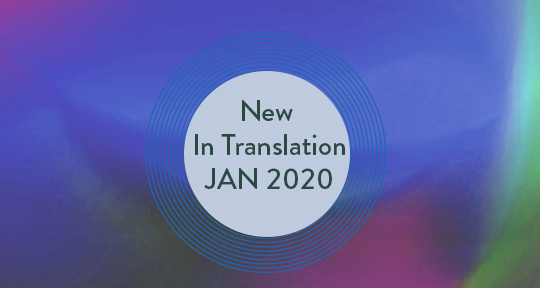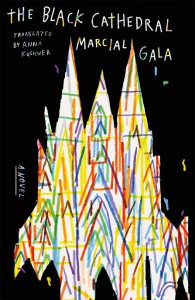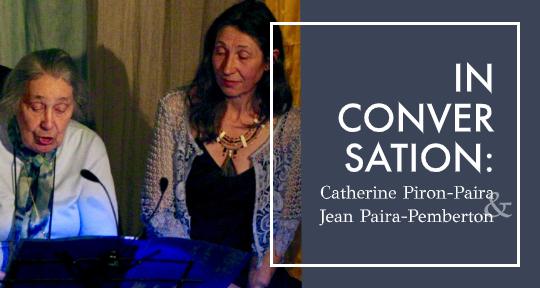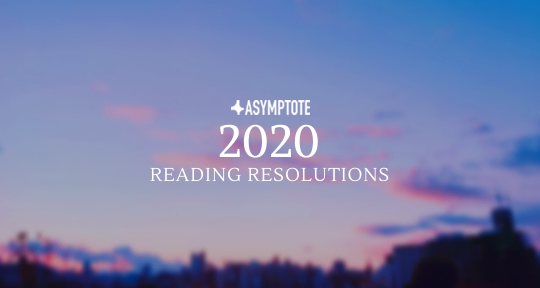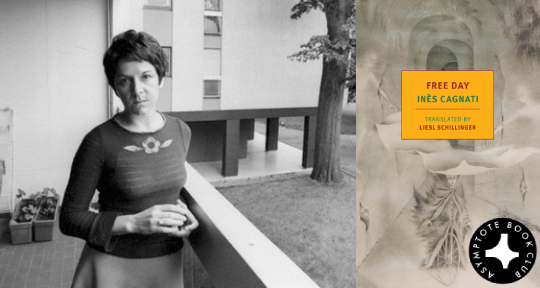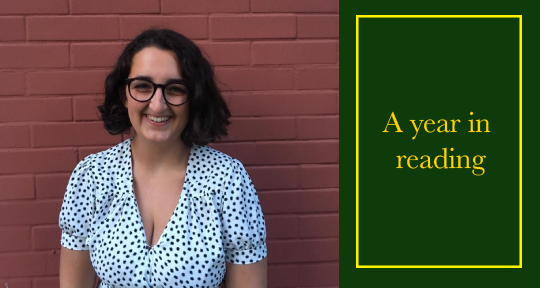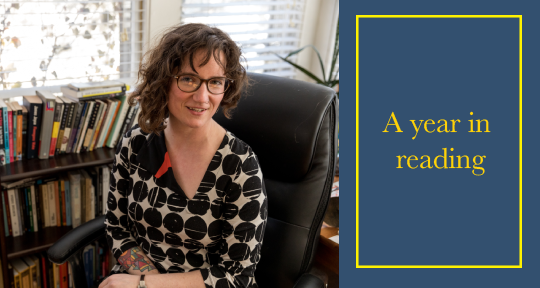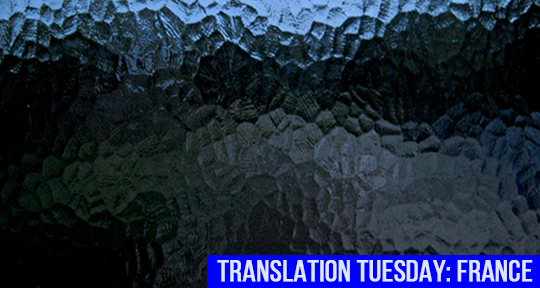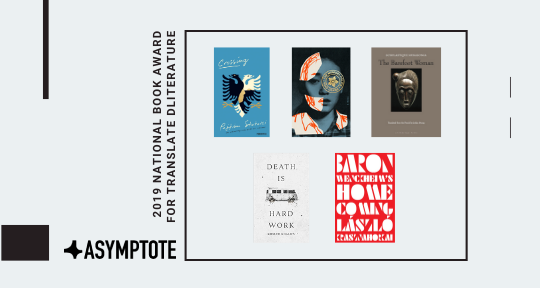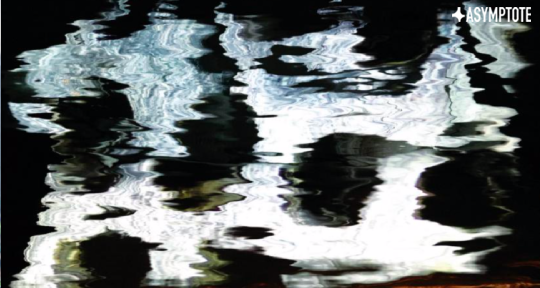Inès Cagnati’s award-winning Free Day is a potent and imagistic work that speaks powerfully on isolation, self-actualization, and freedom through the interior monologue of a young girl—we at Asymptote were incredibly proud to present it as our December 2019 Book Club selection. During a time in which much about our ideas of self is under scrutiny, Free Day is a fearless psychological exploration. In the following interview, Assistant Editor Andreea Scridon speaks to translator Liesl Schillinger on bringing Cagnati’s distinct roughness and rhythm into English, neologisms, and her “reservoir of lived memory”.
The Asymptote Book Club aspires to bring the best in translated fiction every month to readers in the US, the UK, and the EU. You can sign up to receive next month’s selection on our website for as little as USD15 per book; once you’re a member, you can join the online discussion on our Facebook page!
Andreea Scridon (AS): Inès Cagnati is not a name that has been frequently circulated in the Anglophone sphere up until now. Could you tell us what drew you to her as a writer, and why you thought her work would appeal to English-speaking readers?
Liesl Schillinger (LS): It was my editor at NYRB who brought Inès Cagnati to my attention; like you, I hadn’t known of her before. But as soon as I started reading Free Day, I became aware of her strong, glowing (sometimes searing) individual voice. Her writing struck me as brusque, incantatory, and strangely lyrical in places. Entirely original. Originality always compels me; and not only was her voice original, so was her subject. The experience of Italian immigrants in southern France during the postwar period was entirely new to me. In the past, I’d thought about immigration mostly in terms of how the country that received the newcomers treated them; I’d given less thought to how they treated each other. This book opened my eyes. Cagnati continually expressed emotionally gripping truths that disturbed and moved my heart and conscience. I read another of her books, Génie la Folle (Genius the Fool—“Genius” was the nickname of the narrator’s unfortunate mother) and found it more haunting still. Wanting to know more about Cagnati, I went online, and was surprised to discover next to no biographical information, but I learned that every one of the books she wrote won a French literary prize. I felt it was time to shine a light on this forgotten writer and her experience—particularly at a moment when we, as Americans, ought to be reflecting on the refugee crisis at our southern border, and thinking about the men, women, and children who are suffering there. READ MORE…

